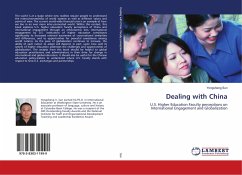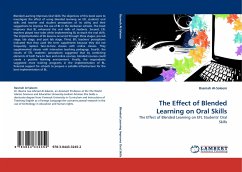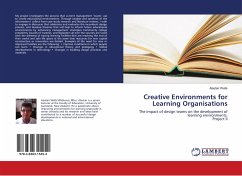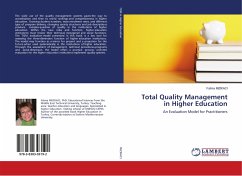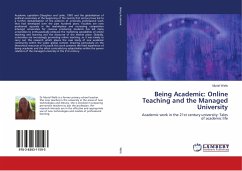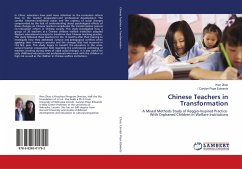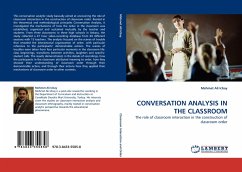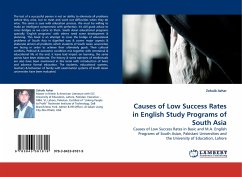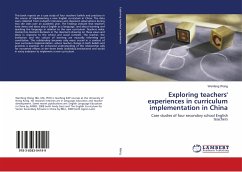
Exploring teachers' experiences in curriculum implementation in China
Case studies of four secondary school English teachers
Versandkostenfrei!
Versandfertig in 6-10 Tagen
52,99 €
inkl. MwSt.

PAYBACK Punkte
26 °P sammeln!
This book reports on a case study of four teachers' beliefs and practices in the course of implementing a new English curriculum in China. The data were collected from in-depth interviews and classroom observations during two site visits over an academic year. The findings indicate that teachers have views and ideas about English as a language, and about learning and teaching the language in relation to the new curriculum. Teachers make moment-to-moment decisions in the classroom drawing on these views and ideas in response to the school and social contexts. The teacher, the institution and th...
This book reports on a case study of four teachers' beliefs and practices in the course of implementing a new English curriculum in China. The data were collected from in-depth interviews and classroom observations during two site visits over an academic year. The findings indicate that teachers have views and ideas about English as a language, and about learning and teaching the language in relation to the new curriculum. Teachers make moment-to-moment decisions in the classroom drawing on these views and ideas in response to the school and social contexts. The teacher, the institution and the culture of learning are mutually informing and constitutive. This relationship becomes only more crucial in a context of new curriculum implementation, where teacher change in both beliefs and practices is essential. An enhanced understanding of this relationship calls for concerted efforts at the three levels (individual,institutional and social) in every endeavor to implement a new curriculum.



